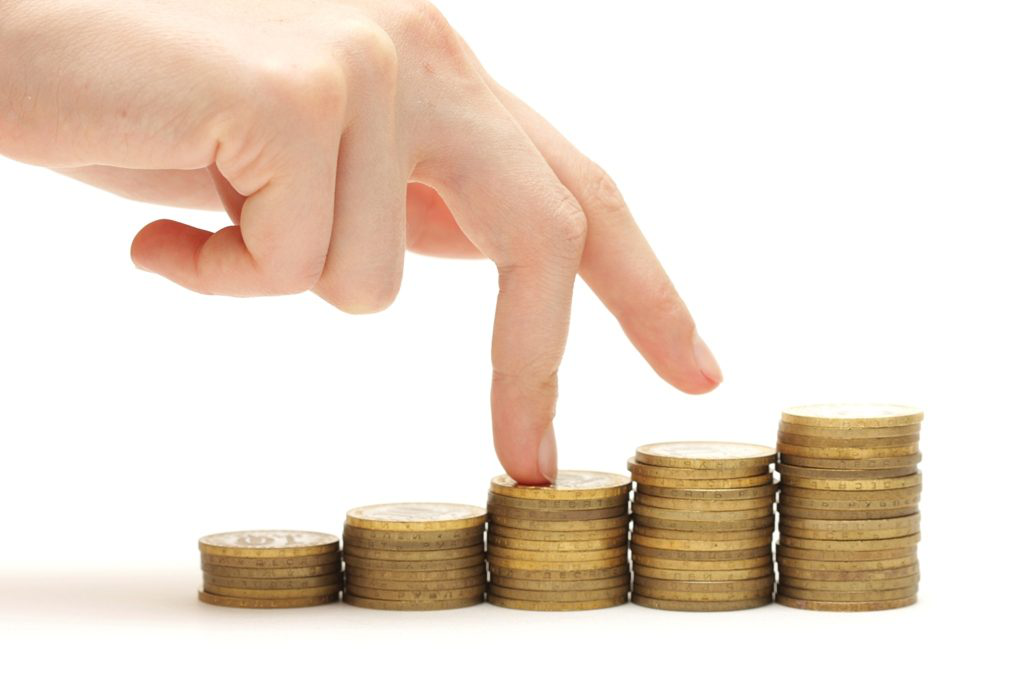People fall into financial difficulties for all sorts of reasons. Most of the time, it is no fault of the debtor that their situation has gotten difficult and they are struggling to make payments. Something like a sudden change in employment or a medical emergency can be the catalyst for a chain of financial difficulties for anyone. With debt becoming more and more the norm in Canada, many people who live paycheque to paycheque can suffer a serious setback when something unexpected comes their way.
Sudden loss of income is one of the most common cases of insolvency with 60 percent of individuals who declare bankruptcy earning $30,000 or less. Bankruptcy can happen to people in all sorts of different income brackets, however, with nearly 10 percent of those who go through the insolvency process making an annual income of $60,000 or more. No matter how you got into your tough financial situation, know that you have options to get out of financial trouble and an empathetic and trustworthy Licensed Insolvency Trustee can help you get there.
Can You Reduce Your Debt?
At David Sklar & Associates, you can reduce your debt up to 80 percent without declaring bankruptcy. A Licensed Insolvency Trustee (also known as a bankruptcy trustee) will assess your current financial situation and propose the best way to proceed. In many cases, a consumer proposal is the best solution for debt management.
Consumer proposals function as a set of terms between an individual and their creditors in which the individual, who has a stable income and can commit to a regular payment schedule, agrees to pay back a portion of their debt to their creditor. One major benefit is that they are normally able to keep all of their assets.
It’s Bleak (but Not Forever)
Credit card debt has never been higher among Canadians. Interest rates have been climbing over the years and the spike in Canadians turning to insolvency is climbing, too. Your Licensed Insolvency Trustee can guide you through the best way to navigate your debts and regain your hope about your long-term financial goals.
Once you’ve started your journey to financial freedom, you can begin practicing healthy habits with how you spend and save money. Consumer proposals only include unsecured debt, so things like your mortgage and car loan payments are exempt. To handle these expenses in the best way possible, you should calculate your debt, prioritize your debts according to what is the most expensive and what collects the most interest, and review your payment plans where necessary.
Counselling Is Available
There is a serious lack of financial education in Canada. Many adults enter the workforce, acquire loans, and obtain credit cards without a thorough understanding of the intricacies of saving, borrowing, and lending.
The good news is that there are counselling services available for individuals who want to improve their finances. Seek out credit counselling services from a bankruptcy trustee who will guide you through how to best use credit, how to rebuild a credit rating, how to handle hitting “restart,” and how to reach your financial goals.

Leave a Reply
You must be logged in to post a comment.